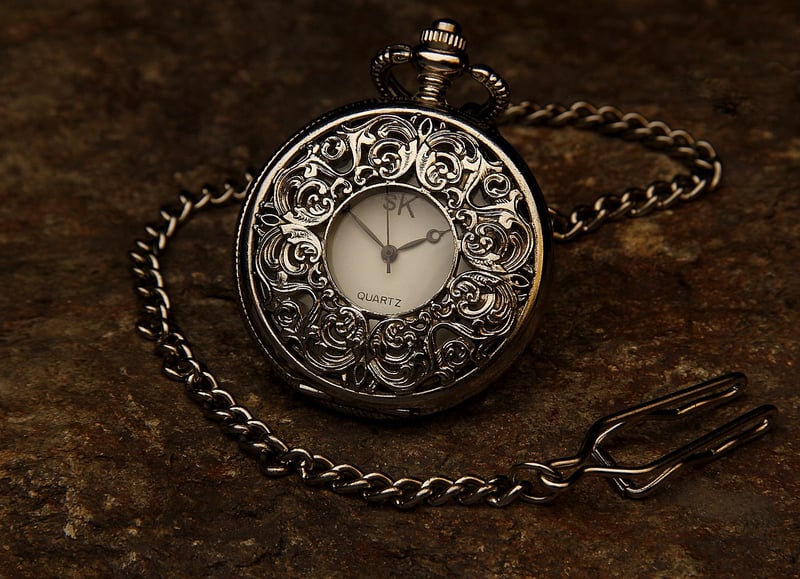Grandfather Paradox
Exploring Time Conflicts and the Grandfather Paradox
Time travel has long been a fascinating subject, often depicted in science fiction as a concept that allows individuals to journey to the past or future. However, the idea of time travel brings with it a host of complex issues, including time conflicts and paradoxes that challenge our understanding of the universe.
What are Time Conflicts?
Time conflicts arise when events in a time traveler's journey create inconsistencies or contradictions within the timeline. These conflicts can lead to paradoxes, where the very fabric of time is seemingly disrupted.
The Grandfather Paradox
One of the most famous examples of a time conflict is the Grandfather Paradox. This paradox posits a scenario where a time traveler goes back in time and prevents their grandfather from meeting their grandmother. As a result, the time traveler's existence is erased, raising the question: if the time traveler never existed, how could they travel back in time to alter the past?
Resolving the Paradox
Various theories have been proposed to address the Grandfather Paradox, including the idea of parallel universes or alternate timelines. These theories suggest that when a time traveler alters the past, they create a new branch of reality, diverging from the original timeline.
Implications and Considerations
Time conflicts and paradoxes like the Grandfather Paradox highlight the complexities and mysteries of time travel. They challenge our understanding of causality and the nature of existence, prompting us to explore the limits of human knowledge and imagination.
As we delve deeper into the realm of time travel, it is essential to consider the ethical implications of altering the past and the potential consequences of disrupting the natural flow of time. While time conflicts may remain a theoretical concept for now, they offer a thought-provoking lens through which to examine the nature of time and reality.
Sources:


